RSPCA warns of a rise in abandonment of exotic pets after lockdown
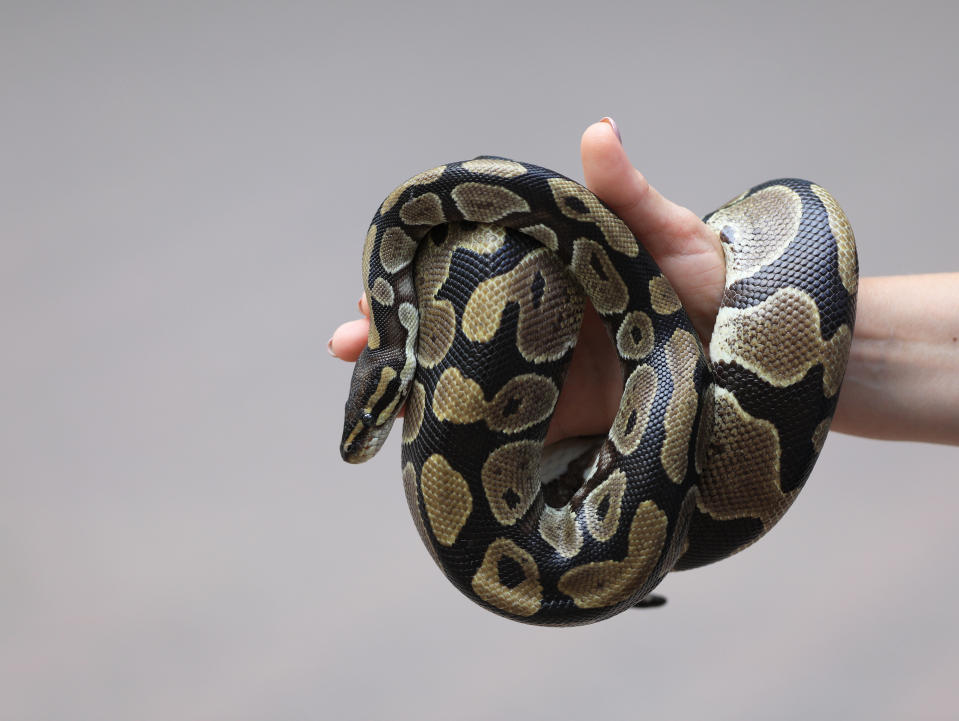
The abandonment of exotic pets is an ethical problem that has multiple implications not only for the animals, but it can also lead to biological invasions that threaten conservation of biodiversity in the environment.
The coronavirus lockdown has been to blame for many who have bought animals, including domestic ones like cats and dogs, but the purchase of non-native species can have major effects on the environment and can be a danger to our native wildlife.
In March, it was reported that there was a huge surge in animals being bought by would-be pet owners as company during lockdown.
Dog charity Dog’s Trust said that they were inundated with calls from people wanting to adopt puppies.
Demand for puppies soared during lockdown, with Google searches for ‘buy a puppy’ increasing by 166% since lockdown was announced on 23 March.
Buying or adopting a dog in lockdown was possible and legal if people bought from an accredited private breeder you can arrange a collection to pick up your puppy.
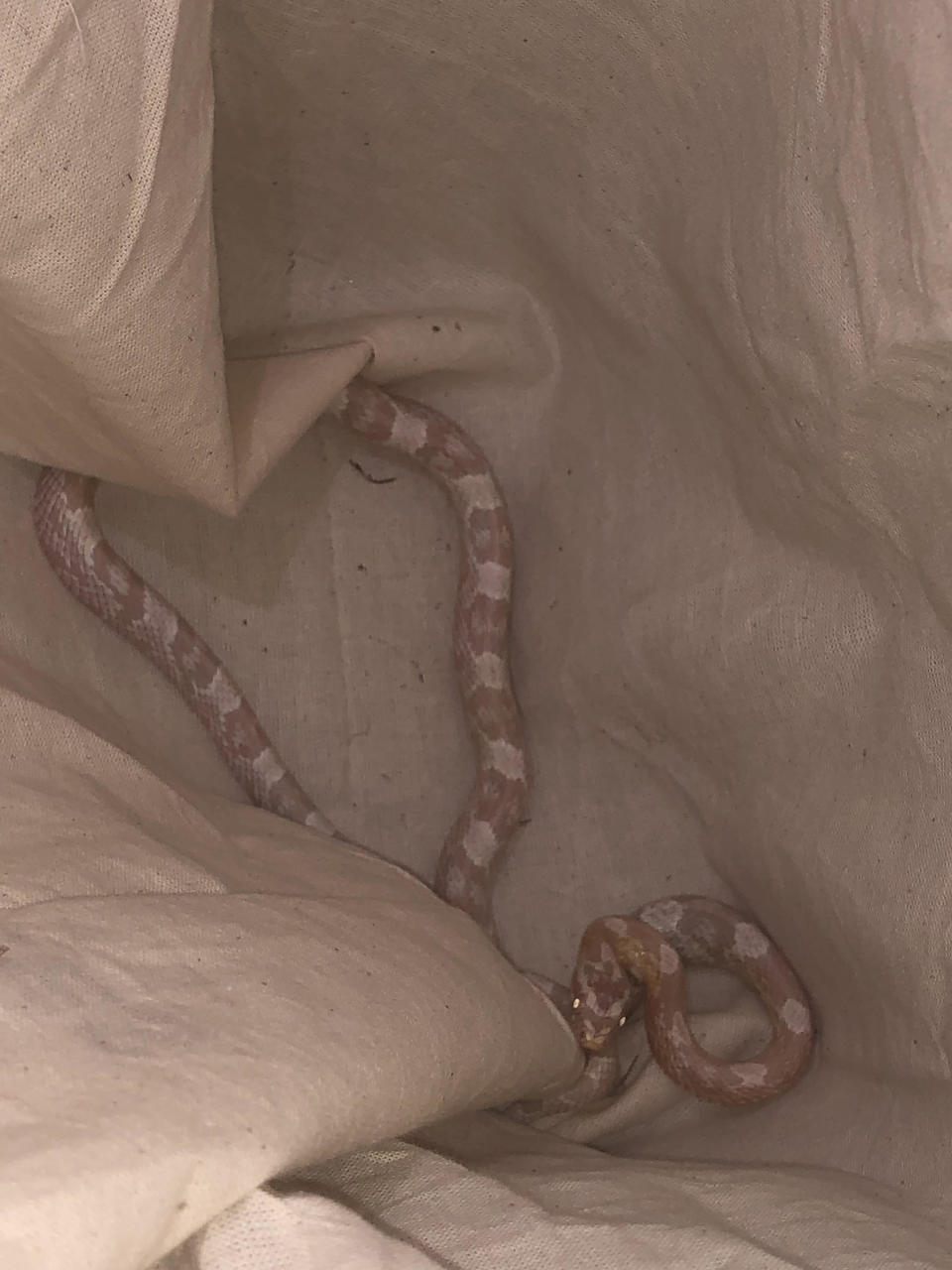
The same went for rehoming centres like Dog’s Trust which has profiles of dogs up for adoption online.
Fast forward four months and the same Trust is now warning that up to 40,000 dogs could be at risk of abandonment in the fallout of the coronavirus crisis.
As restrictions ease and the UK braces itself for the full economic impact of the pandemic, the RSPCA said we could see a sharp rise in the number of dogs being given up or put to sleep if families struggle to cope with the resulting financial hardships.
During the three months since lockdown began, the RSPCA has received reports about 3,492 abandoned animals, about 40 calls a day - including 1509 dogs, 1,165 cats, 299 small furries such as hamsters, guinea pigs and ferrets.
The abandonment of exotic animals can be the most problematic.
The charity told Yahoo News that from 23 March to 6 July 2020 there were 353 abandonment incidents for exotic pets reported to the RSPCA.
Read more: RSPCA issues warning to dog-owners to protect their pets during heatwave
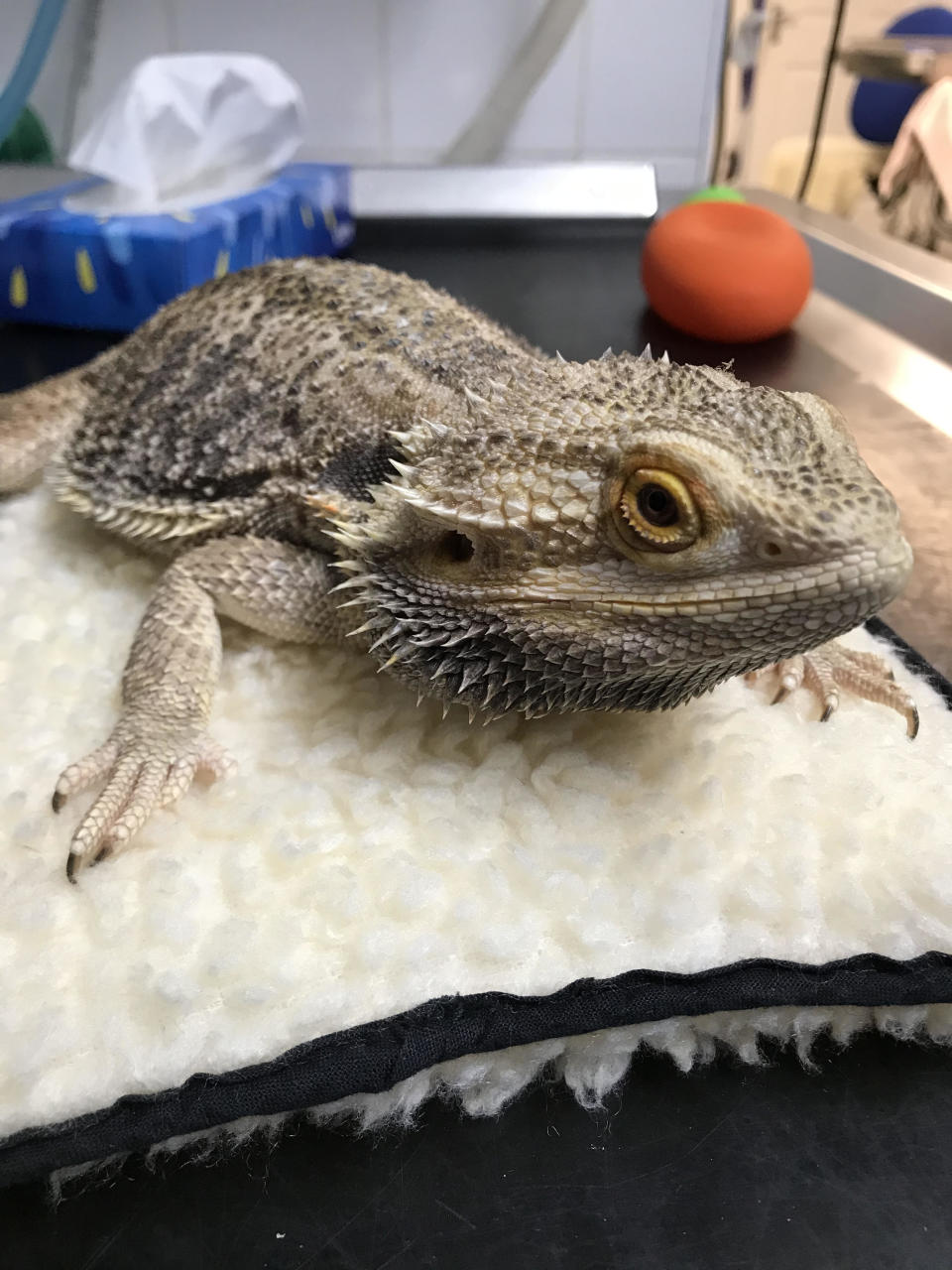
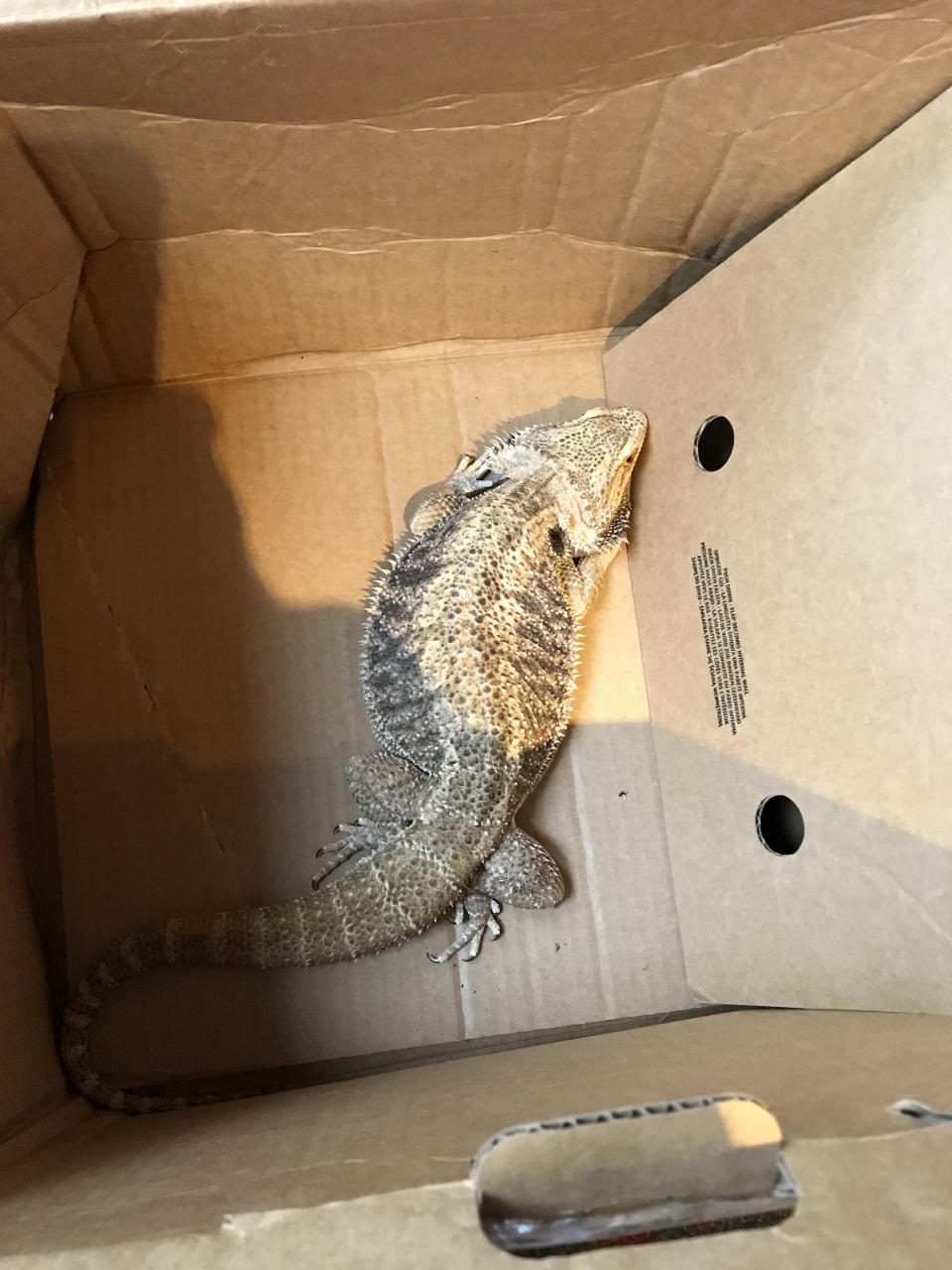
However, they said statistics are down because they are only dealing with emergencies-only during the lockdown, and with less people being out and about to witness abandonments, that could also have had an impact on the figures.
“These figures are still significant considering we were in lockdown and we are now concerned about the longer term impact the financial strain of the pandemic could have on the number of animals being abandoned,” the spokesperson said.
Towards the end of March, a python was found abandoned in a plastic box in Brixton.
The reptile was found by the bins inside a plastic container and was so cold there were fears that the snake was already dead.
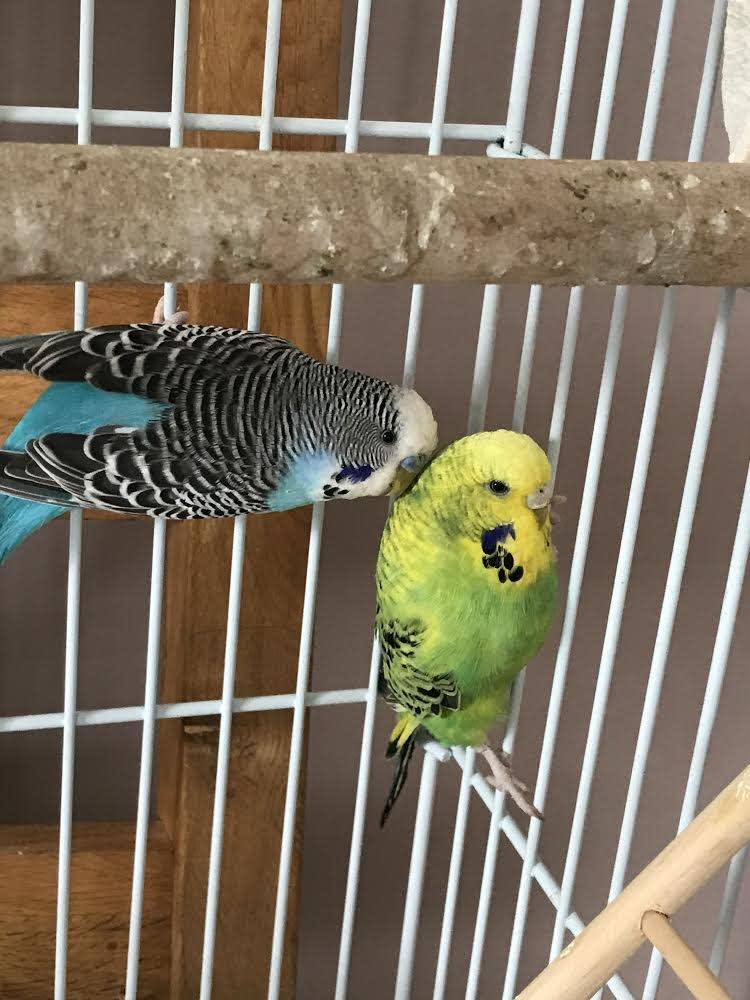

A member of the public found the animal and rang the RSPCA and Inspector Philip Norman collected the snake and took him immediately to the vets.
He said: “This poor snake had been abandoned and was extremely cold and motionless. I took the reptile to Putney Animal Hospital where he was gently warmed up and thankfully revived. He is doing well now and being treated for mites and a swollen tongue and getting some much-needed TLC after his ordeal.”
“Sadly, we are often called to rescue abandoned reptiles. Unfortunately, many people are unaware of how much of a commitment these animals are when they take them on, which means they can be given up once the novelty wears off.”
In west Sussex, a bearded dragon was found in a closed cardboard box had been left in a ditch. The box had been there for around three to four days, before being found by a member of the public.
Read more: Meet the animals abandoned during lockdown
Exotic pets, as they can be so complex and expensive to care for, is something that the RSPCA are particularly concerned about.
"Sadly, our officers are being called out more and more to help snakes, reptiles, tortoises, fish and exotic mammals, an RSPCA spokesperson told Yahoo News.
“Reptiles and other exotic pets are completely reliant on their owners to meet their welfare needs including requiring the correct levels of heat, light and humidity, plus an appropriate diet.
“Many of the animals we’re called to help have been abandoned in parks or on the side of the road where they can very quickly suffer in the cold.

“These animals are commonly found for sale in pet shops and are readily available online, often handed over to buyers with little or no information about how to care for them properly.
“This is why we urge potential owners to research what is required in the care of their pet before taking one on and to ask for help if they’re struggling to meet their needs.
"Abandoning a reptile or releasing unwanted exotic pets into the wild is cruel and illegal. Most exotic animals kept as pets are unlikely to be able to survive in the wild in Britain and non-native species could pose a serious threat to our native wildlife.
“It is illegal under the Wildlife and Countryside Act 1981 (as amended) to release, or to allow to escape, any species that are not normally native to the UK."
Unfortunately, this isn’t unique to the lockdown.
In 2018, the RSPCA rescued more than 4,000 exotic animals from across England and Wales.
A dead marmoset monkey which was missing half its face was found on a London street.
Read more: What should you do if you see a dog in a hot car?
A royal python was found dead in Cwmbran, Wales, with bruising around its mouth leading inspectors to believe that the snake had been beaten before it was abandoned.
Keeping exotic pets has increased in popularity over the last few years. Trends are often linked to social media, film and TV, like the demand for raccoons following the popularity of superhero film Guardians of the Galaxy or terrapins, following the film ‘Teenage Mutant Ninja Turtles’.
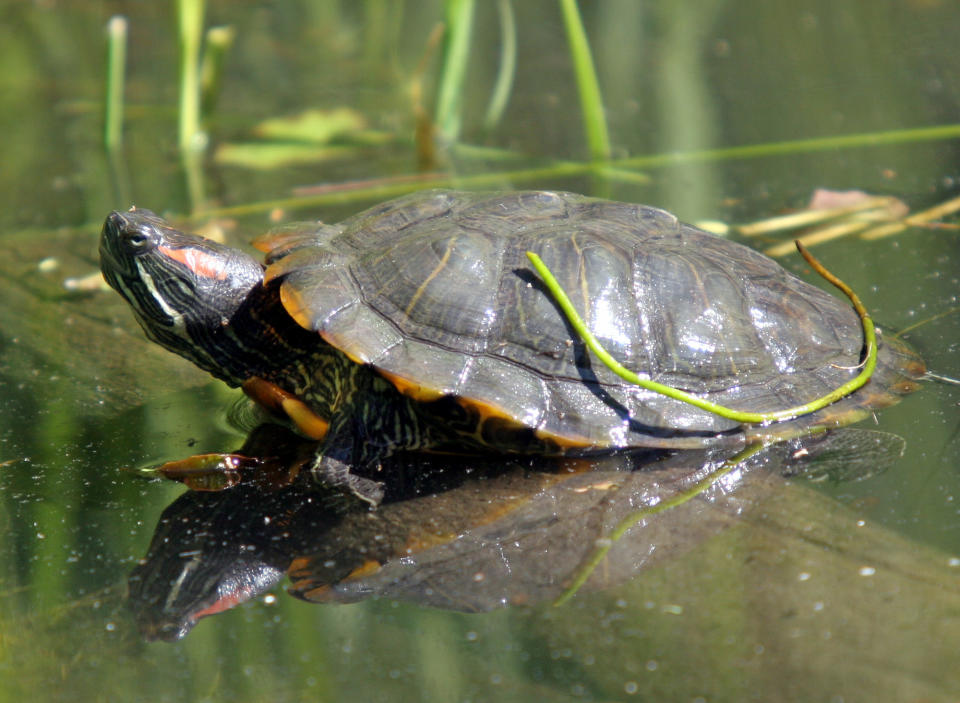
Once they grow in size or reach sexual maturity, these creatures are frequently abandoned because their owners can no longer care for them as their size or behaviour changes.
Releasing exotic pets into the wild is cruel as they are likely to meet an untimely death.
Only a small minority survive to become invasive and seriously affects our native wildlife and environment.
Raccoons, for example, prey on native wildlife, damage crops and carry diseases which can infect humans and animals.
Sightings of the animals have been spotted in the wild in places like Hampshire, County Durham and west Berkshire.
In Germany, the common raccoon is not native, but the population is close to a million after they were brought to Europe from Asia in the 1950s for fur-farming.
Red-eared slider turtles, native to North America, are commonly traded as pets or for their meat.
Abandonment or escape of pet animals has resulted in populations becoming established in Spain, France, Italy, Slovenia, Cyprus and England.
In some areas these populations threaten native turtles, fish, amphibians and birds, and they are known to carry potentially zoonotic pathogens. The importation of red-eared sliders into the EU was banned on the list of Invasive Alien Species.
Coronavirus: what happened today
Click here to sign up to the latest news, advice and information with our daily Catch-up newsletter

 Yahoo Finance
Yahoo Finance 
